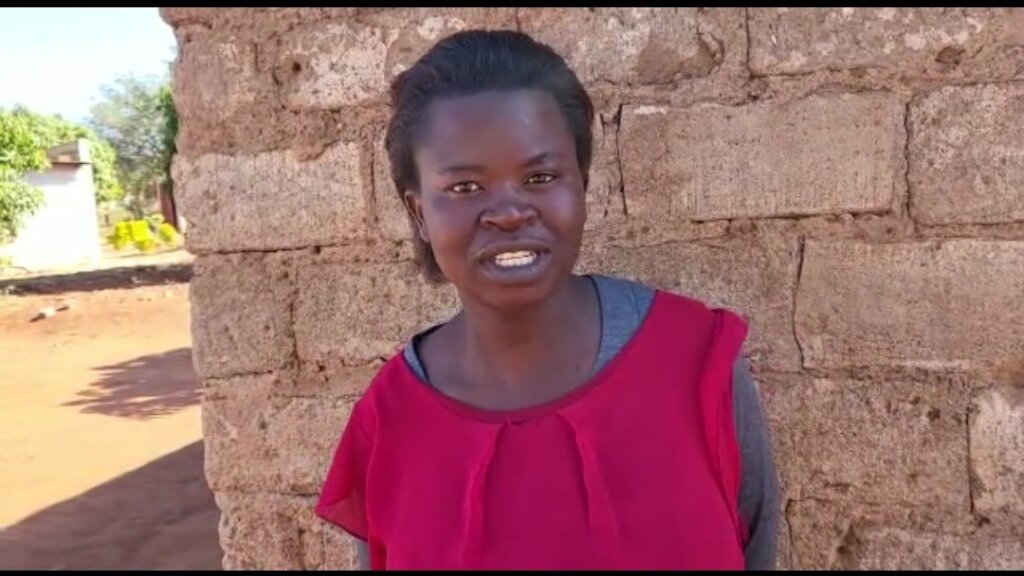By Louise and the KTD196 Dream Team | Jack of all trades, master of none!
My Name is Emma, I was born in Burgersdorp Village, from 2013, I started staying at Myakayaka village where I live with my husband and children, both parents we where work piece jobs and it’s always not enough to support our families daily needs.
We will find ourselves from day to day seeking help from our neighbours and relatives especially for groceries or any kind of help we can get. With the start off SHG Groups from KTD196 NGO, we are now able to feed and buy clothes and save money for our family. I no longer borrow or ask from anyone am able to provide for my family.
Since both parents, we were unemployed, we are planning to open a small workshop building drawers and wardrobes and kitchen units in our area. All these is possible because of all the financial freedom and security we are receiving from our SHG GROUP for women. Thank you very much for giving us hope to rise and shine in our lives, our families have now a brighter future.
We will keep growing with your support and the knowledge. Through your skills, we are able to manage our lives better everyday.
Thank you. For the wonderful knowledge you brought in our lives, we are forever grateful and we are moving forward, with this bright change and light that we have now in our lives.
We could not have done it without your help and vision now we are able to fight poverty with courage and confidence in each circumstances.
Keep the Dream 196 NGO we salute you for bringing a better tomorrow today in our daily lives forever, God continue to bless you for us thank you.
Thank you to all who support KTD196 you are doing a good job for us!
Links:
By Louise and the KTD196 Dream Team | Jack of all trades, master of none!
By Louise and the KTD196 Dream Team | Jack of all trades, master of none!
Project reports on GlobalGiving are posted directly to globalgiving.org by Project Leaders as they are completed, generally every 3-4 months. To protect the integrity of these documents, GlobalGiving does not alter them; therefore you may find some language or formatting issues.
If you donate to this project or have donated to this project, you can receive an email when this project posts a report. You can also subscribe for reports without donating.
Support this important cause by creating a personalized fundraising page.
Start a Fundraiser